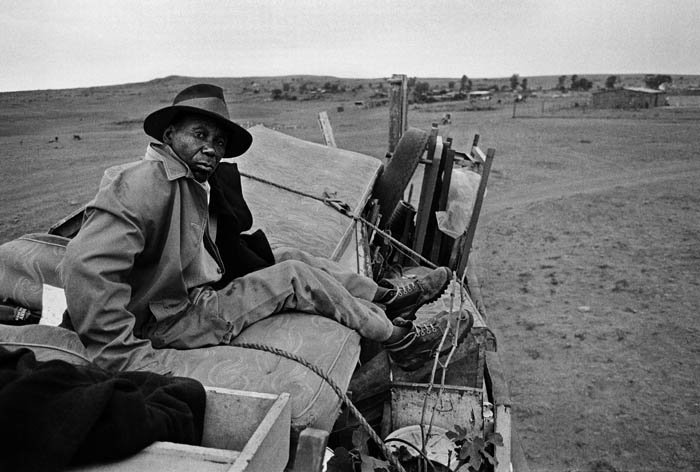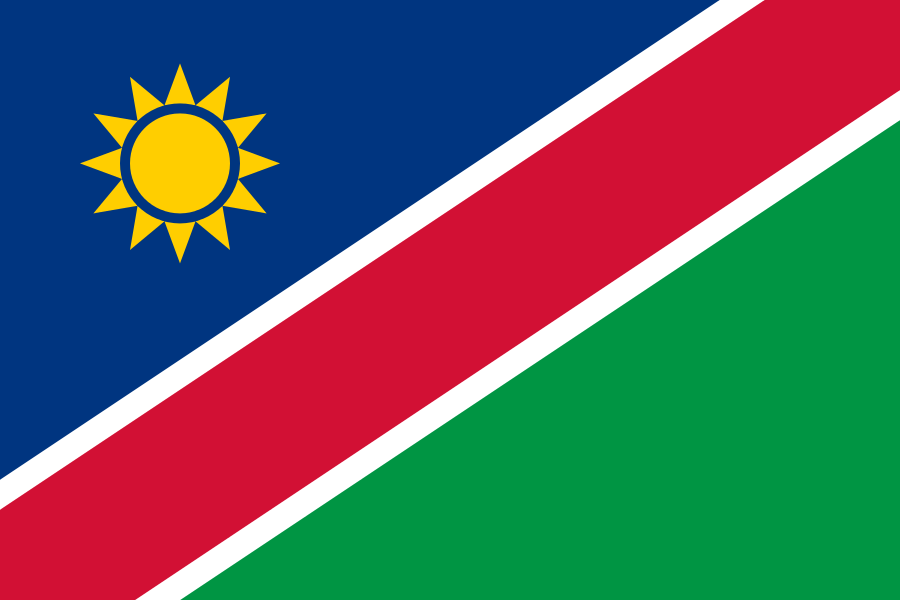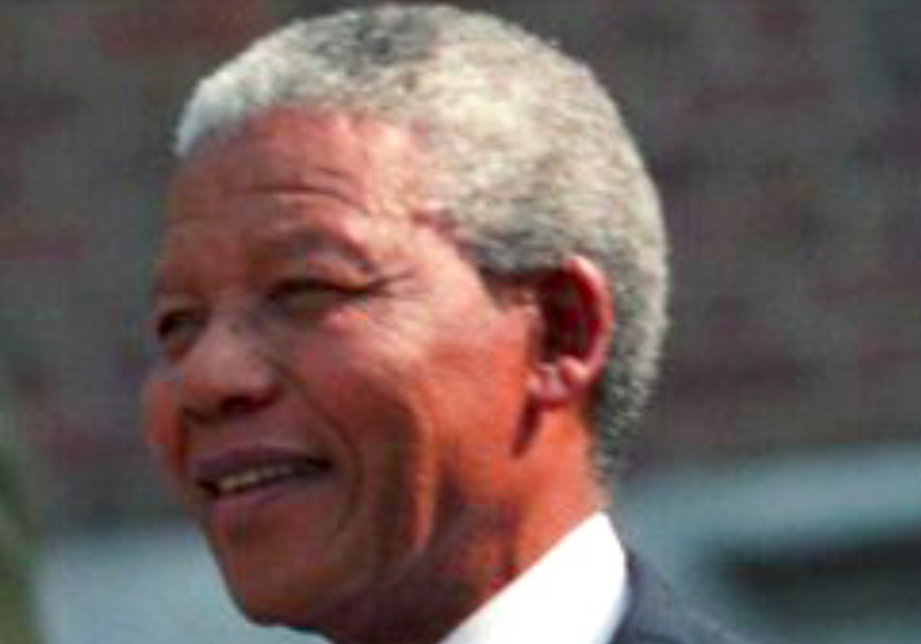On August 18, 1964, the International Olympic Committee (IOC) made a decisive move against South Africa, issuing a formal ban that prohibited the nation from participating in the Olympic Games.
This historic decision reverberated throughout the international sporting community, highlighting the increasing significance of athletics as a platform for addressing human rights concerns.
During the early 1960s, South Africa’s apartheid policies were already drawing widespread condemnation. During apartheid in South Africa, legislation determined the residential, educational and occupational boundaries for non-white citizens. Individuals were classified into rigid racial categories—white, Black,“colored” (referring to mixed-race individuals) and Indian, and they were systematically separated into distinct neighborhoods. Public facilities and services, including transportation, schools, hospitals and even recreational spaces, were also strictly segregated according to these classifications.
South Africa’s Olympic teams were consistently composed solely of white athletes, while Black South Africans, despite their considerable talent, were systematically excluded from representing their country.

Pressure mounted from both activists and newly sovereign African states, urging the IOC to respond. The Tokyo Olympics in 1964 became a pivotal moment. Despite South Africa’s efforts to present a “multiracial” image, the IOC concluded that the nation’s discriminatory practices were fundamentally incompatible with the Olympic Charter.
The ban fundamentally altered the Olympic landscape, transforming the Games into a venue for global resistance against apartheid. For nearly 30 years, South Africa was absent from international sporting events. South Africa was invited to the 1968 games in Mexico. However, the invitation provoked such intense objections from African countries, who threatened to withdraw if South Africa participated, that the IOC was forced to withdraw its invitation.
South Africa’s return to the Olympics in 1992, after the fall of apartheid and the release of Nelson Mandela, memorialized a meaningful milestone.











